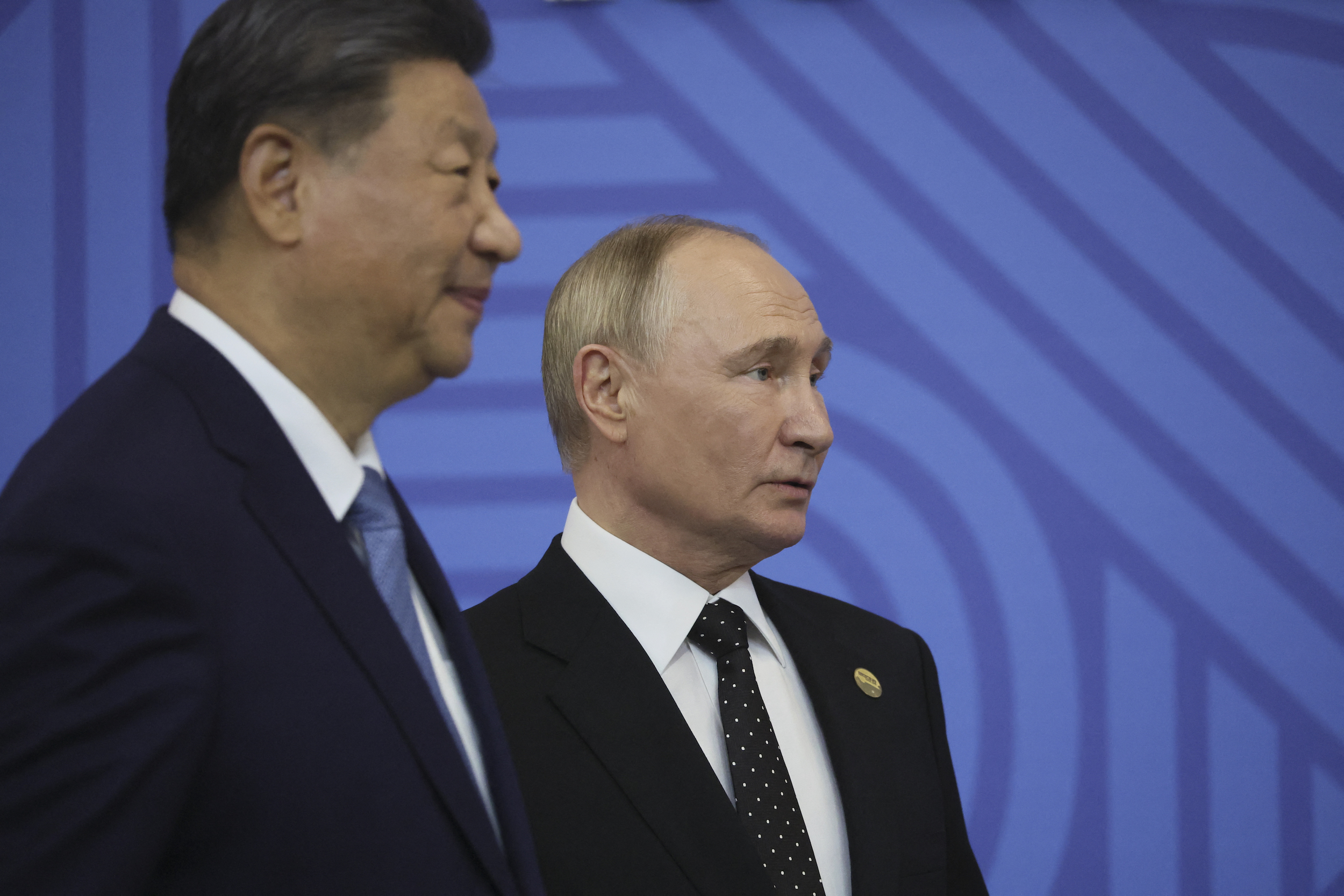
As Congress reconvenes and a second Trump administration begins, it is more important than ever to remember that preventing corruption from seeping into our country requires vigilance and a willingness to adapt. President Donald Trump has vowed to secure American borders, and a new U.S. law can and should be used as a strong tool for securing our financial borders as well.
The incoming Trump administration will face challenges from the new “axis of aggressors”—China, Russia, North Korea, and Iran. These countries, especially China, deal in corruption, both to maintain their own dictatorships and to grow their influence around the world through bribery, money laundering, and other crimes.
It is impossible for these countries to succeed in transparent and ethical competition, and their leaders know it. As Justice Louis Brandeis told us, “Sunlight is the best disinfectant.” So, as the U.S. aims to challenge this axis under the second Trump administration, we must double down on our efforts to counter its strategic use of corruption.
Corruption, simply put, is how China and other adversarial countries do business in today’s economy. They steal from their people and hide that dirty money around the world, dodging sanctions and anti-money laundering laws; bribe foreign officials to win business deals and disadvantage U.S. companies; use front companies to clandestinely gain access to U.S. defense technologies; and engage in significant acts of corruption that violate human rights laws in order to further their illicit agendas.
We need to wield the heavy advantage of U.S. economic power—as the world’s largest economy, controlling the world’s reserve currency—to deny and degrade hostile countries’ ability to undermine U.S. national security and the integrity of our financial system.

MAXIM SHIPENKOV / POOL / AFP/Getty Images
To do so, Trump’s nominee for attorney general, Pam Bondi, and the Department of Justice should use the brand-new Foreign Extortion Prevention Act (FEPA), which I introduced, and which was passed last Congress. FEPA makes it a crime for any foreign official, anywhere in the world, to demand or accept a bribe from a U.S. citizen, American company, or from any company listed on a U.S. stock exchange such as the New York Stock Exchange. Not only can FEPA be used to protect American businesses from bribe demands; it will make it harder for China to use corruption as a way to gain footholds in defense-critical theaters and industries.
Consider China’s Belt and Road Initiative (BRI), which aims to connect Europe, Asia, and Africa through highways and sea routes. A report from the Center for Strategic and International Studies found that China has engaged in all kinds of corruption regarding the BRI, noting that:
As Chinese companies push deeper into emerging markets, inadequate enforcement and poor business practices are turning the BRI into a global trail of trouble. A long list of Chinese companies have been debarred from the World Bank and other multilateral development banks for fraud and corruption, which covers everything from inflating costs to giving bribes.
It is no surprise that China has embedded a strategy of corruption into its BRI, given that the BRI focuses most strongly on countries that play vital roles in energy transition and critical minerals. The U.S. has a strong interest in weakening the BRI’s grasp on these and other crucial sectors and can do so by attacking the dirty money that supplies it. The next Congress and the Trump administration should prioritize countering foreign corruption as a way to undermine China and other authoritarian regimes.
China and other countries need to beware: The Trump administration and the Department of Justice will have a strong tool to combat international corruption in the Foreign Extortion Protection Act. They can, and should, use it to protect our citizens and our economy.
Joe Wilson is a member of the U.S. House of Representatives serving South Carolina’s Second District. He is Chairman of the Commission on Security and Cooperation in Europe as well as the Congressional Caucus against Foreign Corruption and Kleptocracy.
The views expressed in this article are the writer’s own.




